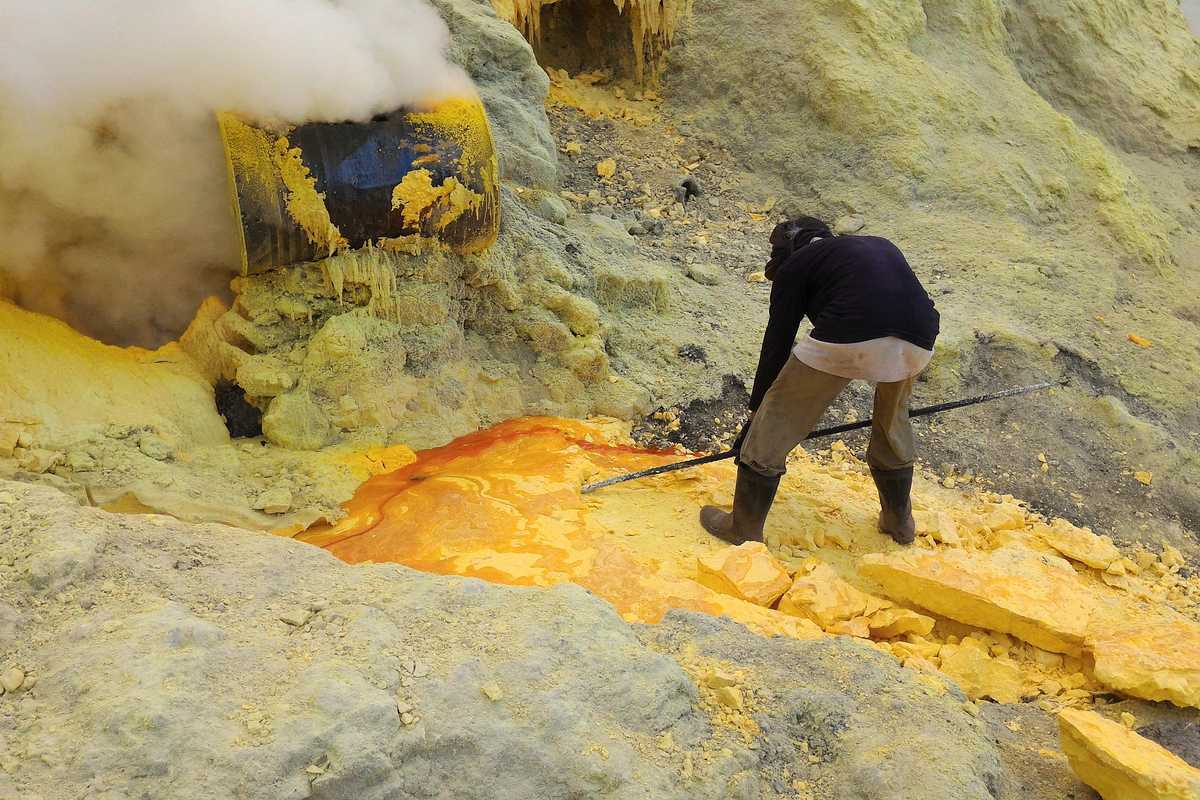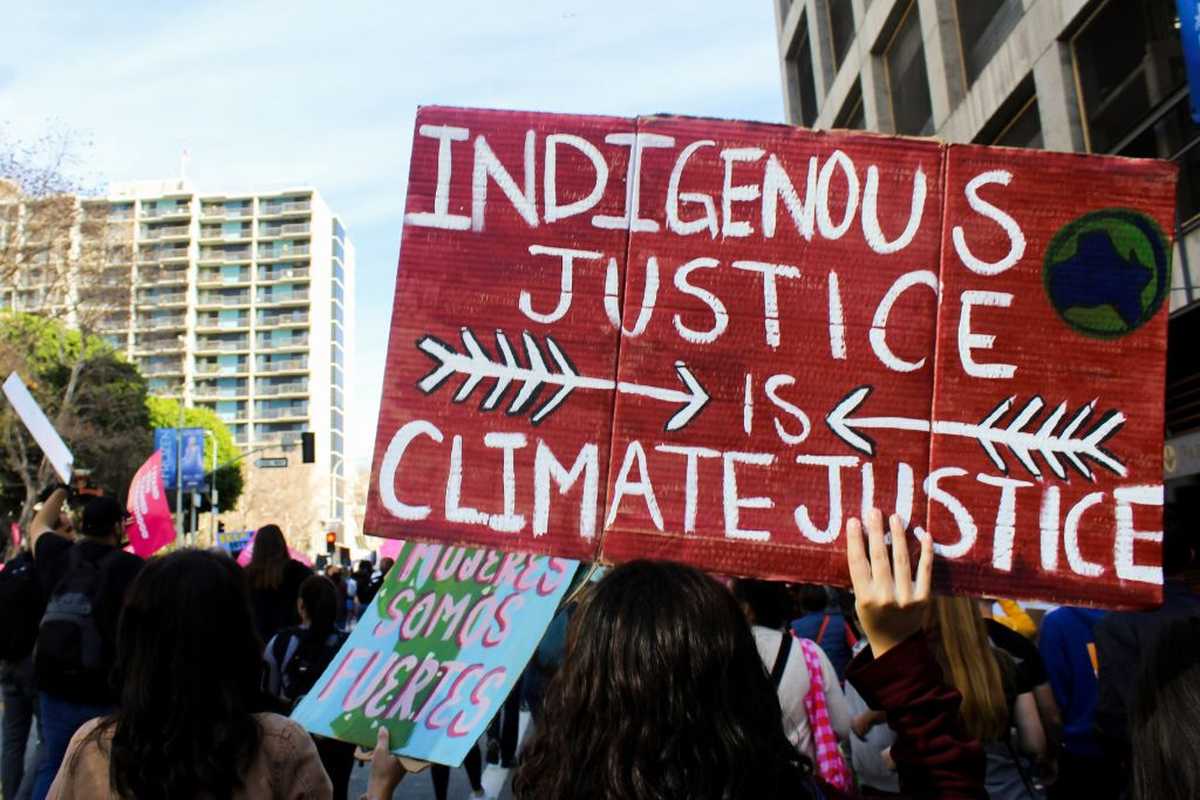Key Highlights:
- Initiatives originating in Canada are gaining worldwide acclaim, positioning our mining industry among the most sustainable globally.
- Canadian companies are proactively implementing sustainable practices, extending the standards required domestically to their operations worldwide.
- The world-class mining practices in Canada underscore our potential as a preferred global supplier for a diverse range of mined materials and goods.
Adopting sustainable mining practices that mandate Canadian companies to operate in an environmentally, socially, and economically responsible manner domestically is now resonating globally. This shift is made possible through the collaboration of domestic mining companies and the Canadian Trade Commissioner Service (TCS).
Launched in 2004 by the Mining Association of Canada (MAC), the Towards Sustainable Mining (TSM) initiative is a widely recognized sustainability standard contributing to the mining industry’s capacity building in a world increasingly focused on Environmental, Social, and Governance (ESG) performance.
Ben Chalmers, MAC’s Senior Vice President, emphasizes that the initiative aims to “…drive performance improvement in environmental and social issues.”
While TSM participation is mandatory for all 44 MAC members within Canada, many Canadian mining companies voluntarily uphold these world-class standards in their international operations. In essence, Canadian miners play a crucial role in disseminating sustainable mining practices globally—a fact that we should take pride in!
Canada is an ESG Advocate
Five additional nations worldwide—Argentina, Botswana, Finland, Spain, and the Philippines—have embraced sustainability standards outlined by the TSM, guided by MAC and supported by the Canadian TCS. This has spurred other nations to consider adopting the program.
According to Carlos Miranda, a trade commissioner and mining liaison officer for the TCS, the TSM initiative is increasingly becoming a “de facto” global standard. It is perceived as advantageous for business, corporate social responsibility, and fostering knowledge, transparency, and openness within local communities.
Carlos notes that countries adopting TSM have largely done so because of the initiative demonstrated by Canadian companies in applying these world-class standards practiced domestically to their international operations. While Canada is not flawless, it is progressively improving, and Canadians can be argued to be at the forefront of Corporate Social Responsibility (CSR) in this sector.
Mining Activities by Canadians in Finland
Agnico Eagle Mines Ltd., one of Canada’s leading mining companies, exemplifies the application of sustainable mining practices developed in Canada to foreign jurisdictions, specifically in Finland. Operating in diverse environments, including remote and environmentally sensitive locations, Agnico Eagle faces similar challenges in adhering to TSM guidelines in both Canadian and foreign operations.
With mines in Canada, Mexico, and Finland, along with exploration and development operations in Sweden and the U.S., Agnico Eagle upholds sustainable mining standards outlined by TSM. The company voluntarily follows TSM standards at its Kittila mine in Finland, situated about 150 kilometers north of the Arctic Circle. Since 2009, Kittila has been Europe’s largest primary producer of gold, hosting Agnico Eagle’s largest reserves, exceeding 4 million ounces.
Michel Julien, Vice-President of Environment at Agnico Eagle, emphasizes TSM as a benchmark for mining excellence. While Agnico Eagle’s commitment to TSM has garnered interest from Finnish authorities, Finland has adopted and adapted these Canadian-made sustainable mining practices to align with their country’s unique dynamics.
Julien highlights the importance of open communication and ensuring “social acceptability” in communities where Agnico Eagle operates mines. The company prioritizes local employment, fostering a “sense of belonging” among residents, supporting families, and stimulating economic activity in these communities.
Sustainable Mining Enhances Global Competitiveness
Carlos emphasizes that Canadian mining companies are key players in numerous countries worldwide, contributing to over 719,000 direct and indirect jobs and constituting nearly 19 percent of Canada’s annual export value.
He underscores the significance of TSM standards and guidelines for Canadian mining companies, which hold approximately $170 billion in overseas mining assets, helping them compete effectively on the global stage. TSM ensures transparency and active engagement in local economies where these companies operate.
The implementation of TSM abroad not only supports Canada’s international standing in the mining sector but also reinforces its commitment to strong Environmental, Social, and Governance (ESG) practices.
Chalmers echoes this sentiment, stating, “We see ourselves as global leaders in mining, not just in physical extraction but in responsible practices. We willingly share our expertise in environmental and social aspects of mining.”
With a growing focus on responsible sourcing, manufacturers are increasingly interested in ensuring that mined materials come from sustainable and ethical origins, adds Chalmers.
Revised Climate Change Protocol
In early May 2021, the Mining Association of Canada revealed its intention to fortify the Towards Sustainable Mining (TSM) initiative with the introduction of a new climate change protocol. This initiative aims to reduce the mining industry’s emissions, enhance transparency, and bolster its resilience to climate change.
Pierre Gratton, President and CEO of MAC, emphasized the commitment to combating climate change and sustaining TSM’s positive impact on Canada’s mining sector. The new protocol is designed to uphold leading practices in climate change mitigation and adaptation, aligning with the industry’s vital role in providing responsibly sourced materials for green technologies like electric vehicle batteries, wind turbines, and solar panels.
The TSM Climate Change Protocol exemplifies Canada’s mining industry’s dedication to sustainability and environmental consciousness. Recognizing the widespread use of mined materials in everyday technology, Canada aims to position itself as a global supplier of choice for these abundant minerals and metals, aligning with the principles of responsible sourcing and a reduced carbon footprint.
Facts About the Canadian Mining Industry
- Canada stands among the top five countries globally in the production of 17 minerals and metals.
- In 2019, Canada’s mining sector contributed $109 billion, constituting 5% of the country’s total economy (nominal GDP).
- The mining industry directly and indirectly employs 719,000 individuals nationwide, representing 1 in every 26 jobs in Canada.
- Mineral exports comprised 19% of Canada’s total domestic exports in 2018, amounting to $106 billion.
- Proportionally, the mining sector is the primary heavy industrial employer of Indigenous Peoples, generating over 16,500 jobs for Indigenous community members.
- The Toronto Stock Exchange (TSX) and TSX Venture Exchange are the premier global listing venues for mining and exploration, witnessing 37% of global mining equity raised over the past 5 years.
Sources: Mining Association of Canada, Canadian Trade Commissioner Service
Join Us Right Now!
Canada’s mining industry boasts a world-class Environmental, Social, and Governance (ESG) performance, evident through the participation of our companies in the Towards Sustainable Mining (TSM) initiatives both domestically and internationally.
Given the rising global demand for minerals and metals crucial in the shift toward a lower-carbon future, Canada naturally positions itself as a preferred global supplier.
For further insights into Canada’s mining sector, connect with us on Twitter, Instagram, and Facebook today. We look forward to your presence!




